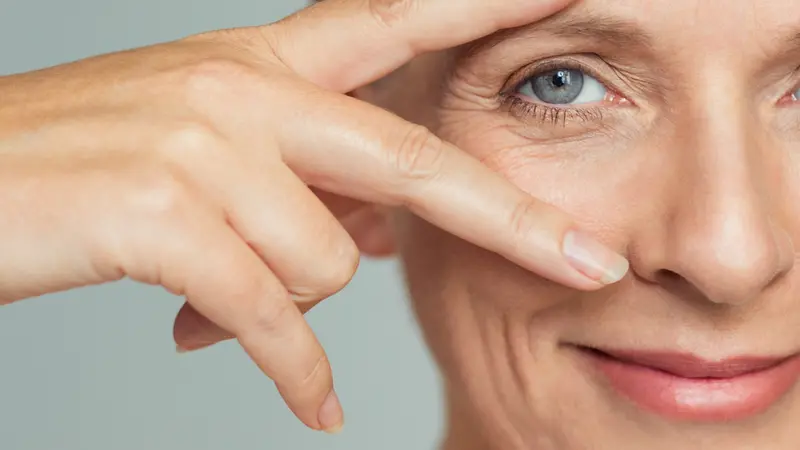

Food, Farming and Nutrition

Food, Farming and Nutrition
Studies Support Use of Dietary Supplements for Eye Disease
Increasingly, those with eye disease that affects vision, such as age-related macular degeneration (AMD), cataracts, glaucoma, or diabetic retinopathy, are turning to dietary supplements to slow the progression. Scientists are searching for supplements that can help prevent or heal these conditions and have found evidence that a combination of vitamins E and C, beta-carotene, and zinc may reduce the risk of developing advanced AMD. Research also indicates that, for malnourished populations, the carotenoids lutein and zeaxanthin (omega-3 fatty acids) may help prevent disease from progressing to the point of needing cataract surgery. Current data does not support supplementing the diet with vitamins A, C, and E, or cannabinoids, as treatment for glaucoma, although studies are ongoing.
The National Eye Institute conducted a six-year trial starting in 1992, known as the Age-Related Eye Disease Studies (AREDS and AREDS2), which found that high levels of antioxidants and zinc did help reduce the risk of developing age-related macular degeneration in those with intermediate AMD, and those who have late AMD in one eye. The AREDS2 trial found that adding lutein and omega-3 fatty acids to the original AREDS formulation with beta-carotene had no overall effect on the risk of late AMD. However, the trial did find that replacing the beta-carotene mixture of lutein and omega-3 fatty acids may help reduce the risk of developing late AMD.
While further research is needed to formally declare a supplement regime that will benefit each eye condition, studies thus far have been encouraging. The AREDS and AREDS2 trials offered a strong foundation of research to build upon, and new findings continue to be discovered to help those with eye disease or those who have a family history of eye conditions that they seek to prevent.
REFERENCES
NCCIH Clinical Digest. (2020, October). Dietary supplements for eye conditions. US Department of Health and Human Services, National Institutes of Health. https://www.nccih.nih.gov/health/providers/digest/dietary-supplements-for-eye-conditions?nav=govdcd


 By
By



